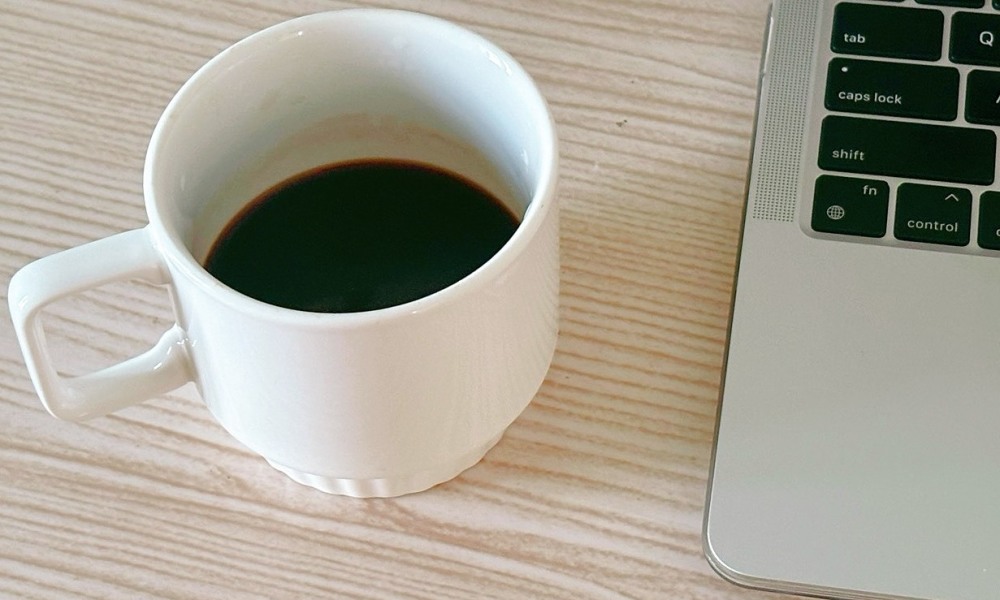Hot weather affects many organs in the body, including the kidneys. Kidneys are vulnerable to damage in hot weather due to fluid loss through perspiration, which can lead to dehydration. The increased pressure of filtering blood and maintaining electrolyte balance can easily overload the kidneys. Proper hydration is a simple way to keep kidneys healthy. Here are 7 simple tips that can help.
Maintain adequate fluid intake.
Drinking enough water helps the kidneys filter sodium, urea, and waste products, thus reducing the risk of chronic kidney disease. Water also prompts the kidneys to remove waste from the blood in the form of urine. It helps blood vessels dilate properly to carry blood and nutrients to the kidneys. The recommended water intake is about 2-3 liters per day, depending on individual needs and exercise intensity.
Eat water-rich foods.
Besides plain water, some fruits and vegetables with high water content can also hydrate the body deliciously. Regularly eating cucumbers, watermelon, oranges, and celery offers numerous health benefits.
Limit dehydrating beverages.
Coffee and alcohol have a diuretic effect, meaning they can increase fluid excretion. If you don't replenish fluids appropriately when consuming these drinks, dehydration can easily occur. Limit caffeine intake or drink a glass of water after each cup of coffee, and maintain regular water intake throughout the day to stay hydrated.
 |
Caffeine can easily cause dehydration, so limit intake or supplement with enough water alongside coffee. Photo: Bao Bao |
Caffeine can easily cause dehydration, so limit intake or supplement with enough water alongside coffee. Photo: Bao Bao
Gauge hydration by urine color.
Observing urine color can indicate hydration levels. Pale yellow urine is ideal, while darker colors suggest a need for increased fluid intake.
Drink enough water during hot weather.
The body loses water more easily on hot days. Therefore, drink water frequently, especially when spending time outdoors or engaging in high-intensity exercise.
Be cautious of overhydration.
While dehydration is dangerous, continuous fluid intake is also not good for the body. The kidneys can't process excessive fluids, leading to water retention in the extremities and abdomen, causing swelling. Drinking too much water increases the burden on the heart and dilutes sodium levels in the blood.
Limit sugary drinks.
Consuming too many sugary drinks contributes to obesity and diabetes, both of which can damage the kidneys over time. Limiting these beverages and focusing on fresh, whole foods, and a low-sodium diet with minimal processed foods can help protect these organs.
Early signs of kidney disease are often subtle and easily overlooked. Common symptoms include fatigue, swelling in the ankles, feet, or around the eyes, and changes in urination habits such as foamy urine, frequent nighttime urination, or blood in the urine. These signs are easily mistaken for other conditions, so it's crucial to pay attention and get regular checkups, especially if you have diabetes, high blood pressure, or a family history of kidney disease.
Bao Bao (Healthline, Times of India)












